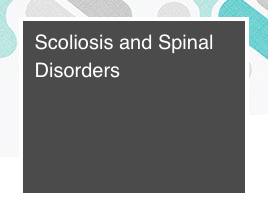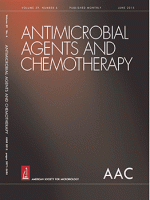
A German district attorney has fined a doctor who participated in a bogus study showing chocolate helps weight loss, designed to illustrate how shady science can make the news, arguing it was unethical to ask people to participate unknowingly in such a scam.
As soon as the study was published, critics raised questions over whether it was appropriate to include volunteers in a bogus clinical trial, which included giving blood. Recently, a German district attorney for professional conduct of physicians ruled that it was not.
In an anonymized version of a decision from the district attorney – who investigates on possible violations of the physicians’ professional law – he fined the doctor who participated in a bogus study about the health benefits of chocolate 500 Euros for not obtaining proper consent from the people who volunteered to participate, and for not involving an ethics committee. Continue reading Doctor who participated in fake chocolate study fined for violating code of conduct


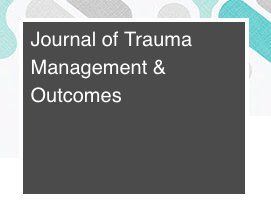

 The Open Science Framework (OSF) has pulled a dataset from 70,000 users of the online dating site OkCupid over copyright concerns, according to the study author.
The Open Science Framework (OSF) has pulled a dataset from 70,000 users of the online dating site OkCupid over copyright concerns, according to the study author.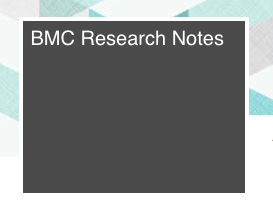
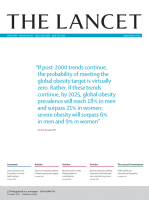 Surgeon Paolo Macchiarini did not apply for the necessary ethics approval to perform the pioneering transplants he’s known for, according to the Swedish Research Council.
Surgeon Paolo Macchiarini did not apply for the necessary ethics approval to perform the pioneering transplants he’s known for, according to the Swedish Research Council.